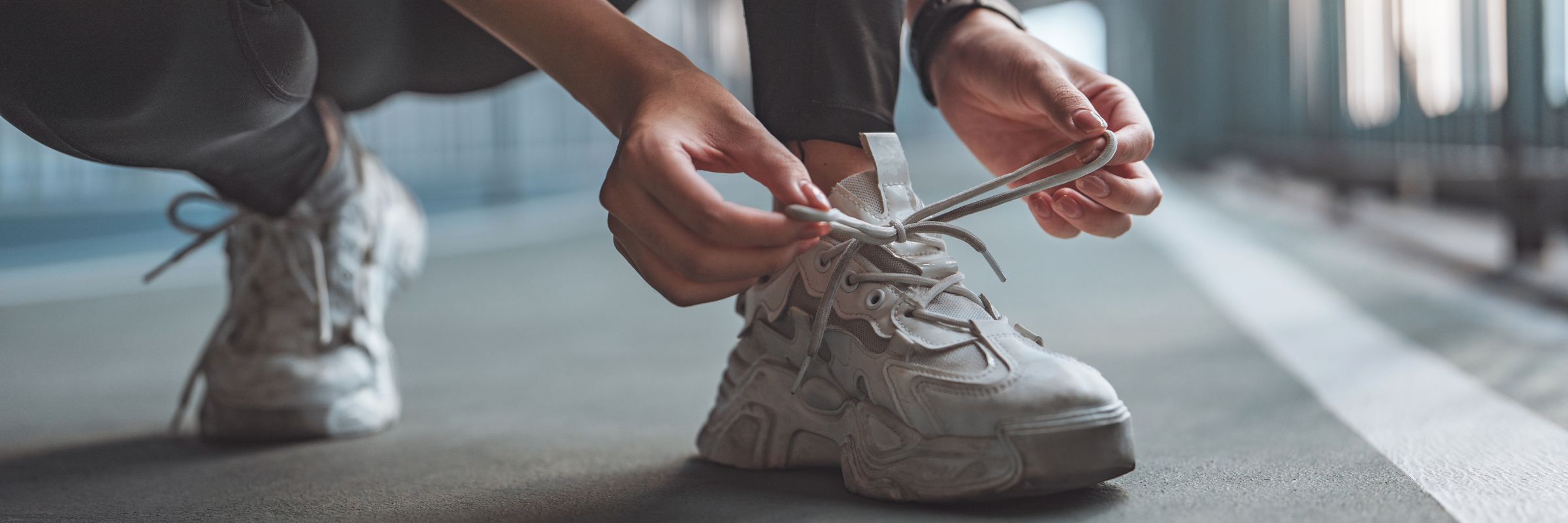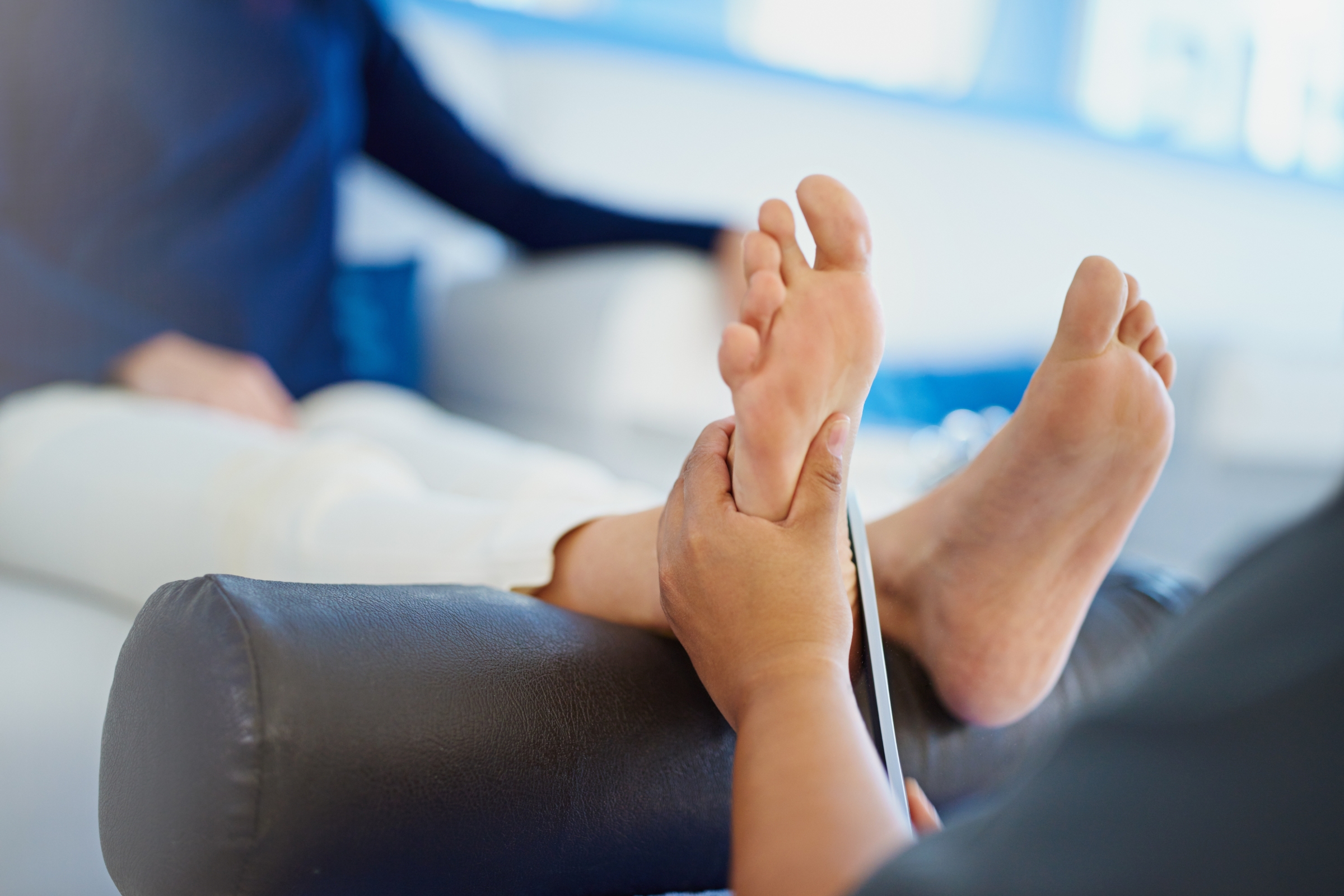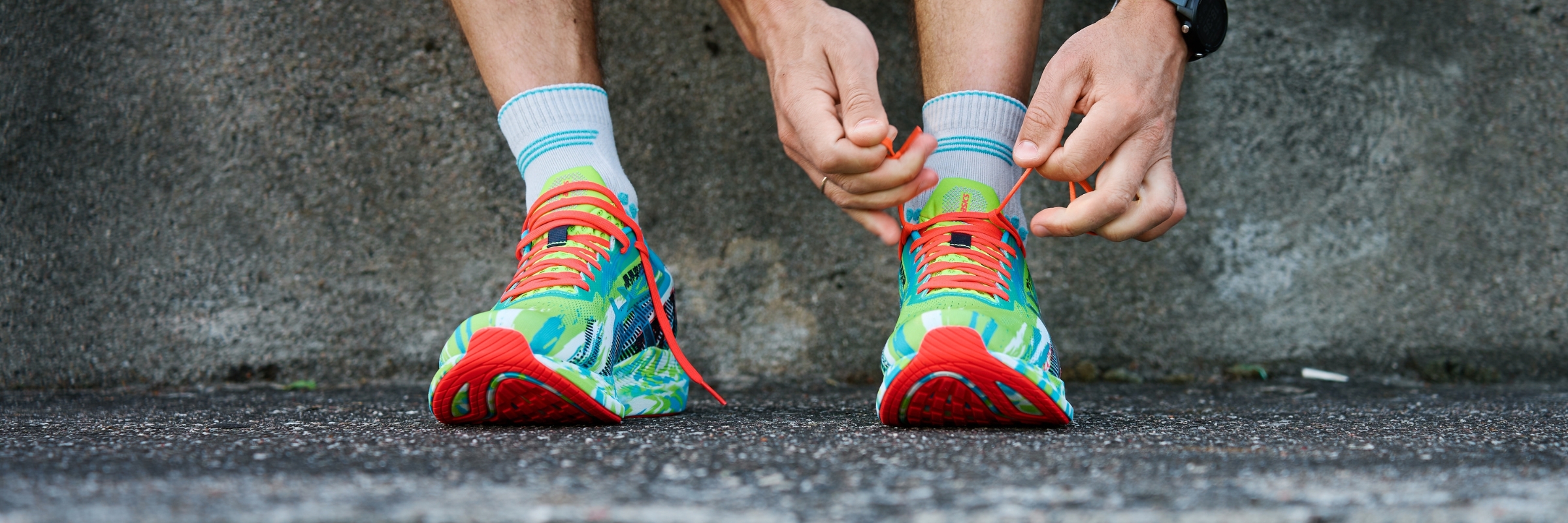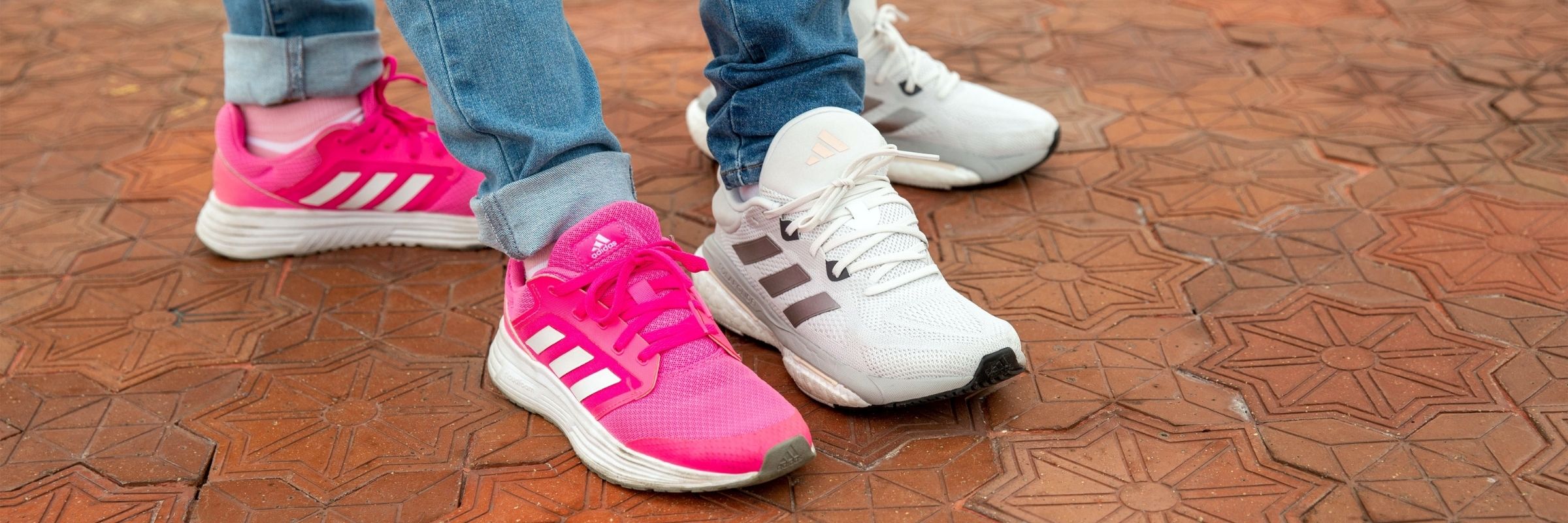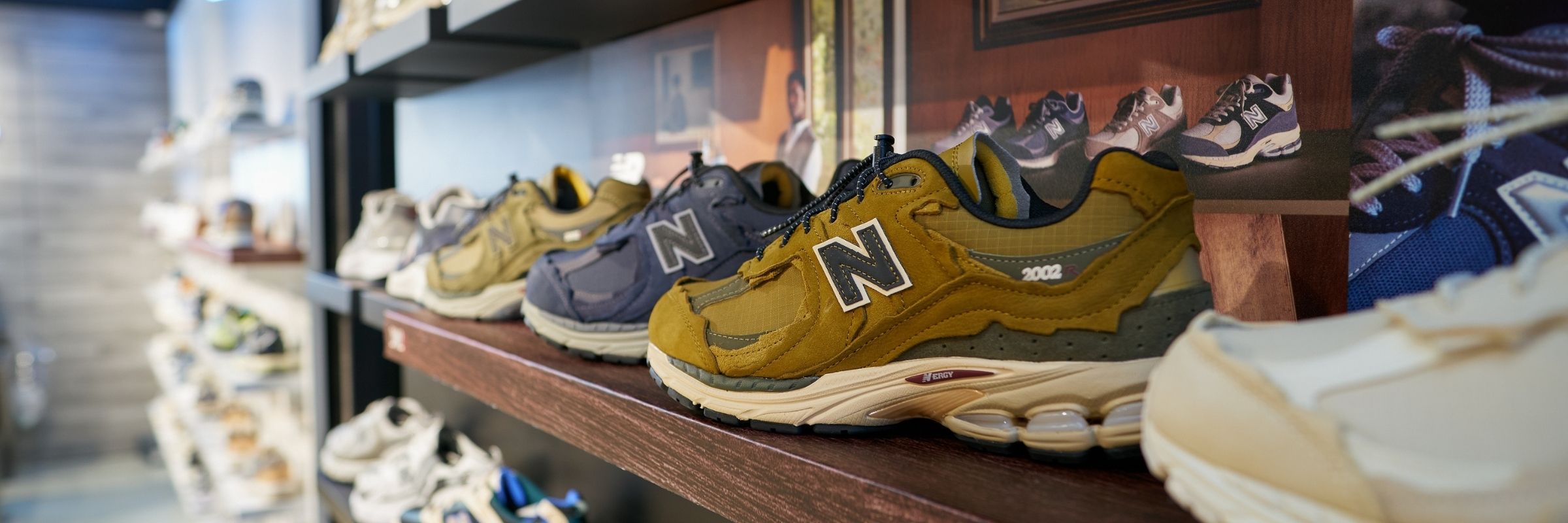
Choose the Perfect Running Shoes to Avoid Injuries
When it comes to running, having the right pair of shoes is essential. Whether you’re just starting your running journey or a seasoned marathoner, choosing the perfect running shoes can make all the difference in your comfort, performance, and injury prevention. But with so many options, it can feel overwhelming to decide which pair is right for you. This guide will walk you through everything you need to know about finding the best running shoes and where to buy them.
Why Picking the Right Running Shoes Matters
Before diving into how to choose the best running shoes, it’s important to understand why this decision matters so much. The right shoes not only provide comfort during your runs but also help prevent injuries. Running shoes are designed to support your feet, cushion your steps, and absorb the shock that comes with pounding the pavement. Wearing the wrong shoes, on the other hand, can lead to problems like blisters, shin splints, and even more severe injuries like knee pain or stress fractures.
Now that we’ve covered why it’s important to choose the right running shoes, let’s move on to how you can pick the perfect pair.
How to Choose the Perfect Running Shoes
Here’s what you need to do to choose the perfect running shoes for you:
-
Know Your Foot Type
The first step in finding the right running shoes is to understand your foot type. There are three main types of foot arches:
- Flat feet: If you have flat feet, your foot tends to roll inward when you run, which is called overpronation. You’ll want shoes with good support and stability to control that motion.
- Neutral feet: If you have a normal arch, your feet neither overpronate nor does it underpronate. Look for neutral shoes with moderate cushioning.
- High arches: If you have high arches, your feet don’t roll inward much, and you’ll need shoes with plenty of cushioning to absorb the impact.
You can figure out your foot type by either visiting a specialized store for gait analysis or by doing a simple test at home—wet the bottom of your foot and step on a piece of paper. The shape of your footprint will give you a good indication of your arch type.
Consider the Type of Running You Do
Not all running shoes are created equal, and the type of running you do can influence which shoes are best for you. Here are some factors to consider:
- Road Running: If you run primarily on paved roads, you’ll want shoes designed for that purpose. Road running shoes are lightweight, provide good cushioning, and are made to handle hard, even surfaces.
- Trail Running: Trail running shoes have more grip and durability for uneven, rocky terrains. They also offer better protection for your feet from rocks and roots.
- Track Running: Track runners often need lighter shoes that offer speed and responsiveness. These shoes might have less cushioning but allow for quicker movements.
Get the Right Size and Fit
Your running shoes should fit comfortably from the moment you try them on. Here are a few tips to ensure a proper fit:
- Leave a thumb’s width of space: Your feet swell when you run, so make sure there’s about a thumb’s width of space between your longest toe and the front of the shoe.
- Try shoes in the evening: Since your feet tend to swell during the day, it’s best to try on shoes in the evening when they are at their largest.
- Don’t forget the width: Some people have wider feet, and many brands offer shoes in different widths. Make sure the shoes you pick aren’t too narrow or too wide.
Look for Proper Cushioning
Cushioning is a key feature of any running shoe. Some runners prefer a lot of cushioning to absorb impact, while others like a more minimal shoe that gives them a better feel for the ground. The level of cushioning you need will depend on your running style, how much you weigh, and your personal preference.
Durability and Breathability
Good running shoes should take you 300 to 500 miles, depending on the terrain and your running habits. Look for materials that are both durable and breathable, so your feet stay cool and dry during long runs.
Test Them Out
If possible, try running in the shoes before you buy them. Many stores offer treadmills or even allow you to take a short jog outside to test the shoes. Pay attention to how they feel—are they comfortable? Do they offer the support you need? A quick test run can help you avoid buyer’s remorse later.
Best Brands to Purchase Running Shoes From
Once you know what you’re looking for, it’s time to find the right brand. While there are plenty of options out there, here are some of the best brands that consistently offer high-quality running shoes:
- PUMA
- Nike
- Adidas
- Asics
- Brooks
- New Balance
- Saucony
PUMA
PUMA is known for its stylish yet functional athletic shoes, and their running shoes are no exception. They offer lightweight, durable, and comfortable options that are perfect for both beginner and experienced runners. With advanced cushioning technology and designs that cater to a wide range of foot types, PUMA is a go-to brand for runners looking for both performance and style.
PUMA also provides its gear to the best-performing kids in our LaLiga Academy Dubai. The players are hand-picked by our coaches who then are eligible for a PUMA-sponsored scholarship through lottery and sports gear to continue their dreams of playing professional football.
Nike
Nike is a powerhouse in the world of running shoes, offering a wide range of options for every type of runner. Their shoes often come with cutting-edge technology, including Flyknit material for breathability and React foam for added cushioning. Whether you’re running marathons or hitting the treadmill, Nike has a shoe for you.
Adidas
Adidas offers running shoes that are both stylish and high-performing. Their Boost technology provides incredible energy return, which is perfect for long-distance runners. Adidas running shoes also tend to be lightweight and offer great support for those with neutral or slightly overpronated feet.
Asics
Asics has built a reputation for making some of the most comfortable running shoes on the market. Their Gel cushioning system is a standout feature that helps absorb shock and reduces the risk of injury. Asics shoes also come in a variety of styles to cater to different foot types and running needs.
Brooks
Brooks is a favorite among long-distance runners for its focus on comfort and durability. Their shoes offer excellent support and cushioning, making them ideal for those who log a lot of miles. Brooks also offers a wide range of styles to fit different types of arches and pronation.
New Balance
New Balance is known for making shoes that provide excellent support and fit. Their shoes are particularly great for people with wider feet, as they offer many size and width options. New Balance running shoes offer exceptional cushioning, making them a top choice for runners who need extra support.
Saucony
Saucony is another brand that focuses on comfort and performance. Their running shoes often come with added stability and cushioning, making them perfect for overpronators or those who need extra support during their runs. Saucony shoes are also highly durable, ensuring they last through many miles.
Conclusion
Choosing the perfect running shoes is a personal journey that depends on your foot type, the kind of running you do, and your own preferences for fit and cushioning. By taking the time to understand what your feet need and trying out different brands, you can find shoes that will help you run more comfortably and efficiently.
With brands like PUMA, Nike, and Asics offering top-quality options, you’re sure to find a pair that suits your style and running goals. So, lace up, hit the ground running, and enjoy the journey!



